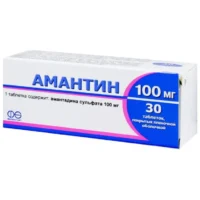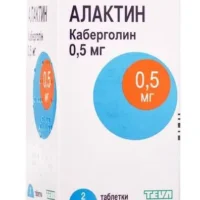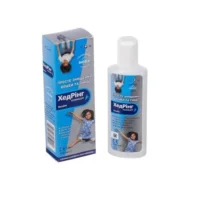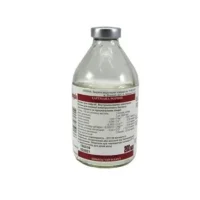Description
Izosol Solution for Infusions 500 ml
Ingredients
Izosol solution for infusions 500 ml contains a balanced combination of electrolytes including sodium, potassium, chloride, and bicarbonate to support proper hydration and electrolyte balance in the body.
Mechanism of Action
Pharmacologically, Izosol solution for infusions acts by replenishing essential electrolytes in the body, helping to maintain proper fluid balance and support vital physiological functions. The electrolyte composition of Izosol closely resembles that of the body’s natural fluids, allowing for efficient absorption and utilization.
Dosage and Administration
The recommended dosage of Izosol solution for infusions is determined by the healthcare provider based on the patient’s individual needs. It is typically administered intravenously and the rate of infusion should be carefully monitored. Izosol solution should be administered by healthcare professionals following aseptic technique. The infusion rate and duration should be determined based on the patient’s condition and fluid needs.
Indications for Use
Izosol solution for infusions is indicated for the treatment of dehydration, electrolyte imbalances, and fluid loss due to various conditions such as diarrhea, vomiting, or excessive sweating.
Contraindications
Do not use Izosol solution for infusions in patients with known hypersensitivity to any of the ingredients. It is also contraindicated in patients with severe renal impairment or heart failure.
Side Effects
Common side effects of Izosol solution for infusions may include electrolyte imbalances if not administered properly. Monitoring the patient’s electrolyte levels and fluid status is crucial to avoid complications such as fluid overload or electrolyte imbalances.
Benefits Compared to Analogues
Clinical trials comparing Izosol solution with other electrolyte solutions have shown comparable efficacy in restoring electrolyte balance and hydration status. The balanced formulation of Izosol makes it a preferred choice for healthcare providers in managing dehydration and electrolyte disturbances.
Suitable Patient Groups
Izosol solution for infusions is suitable for a wide range of patient groups including adults, children, and the elderly. Dosage adjustments may be necessary based on age, weight, and underlying health conditions.
Storage and Shelf Life
Izosol solution for infusions should be stored at the recommended temperature as per the packaging instructions. It is important to check the expiration date before use to ensure the product is within its shelf life.
Packaging Description
Izosol solution for infusions is available in a 500 ml container designed for intravenous administration. The packaging should be intact and undamaged prior to use.





